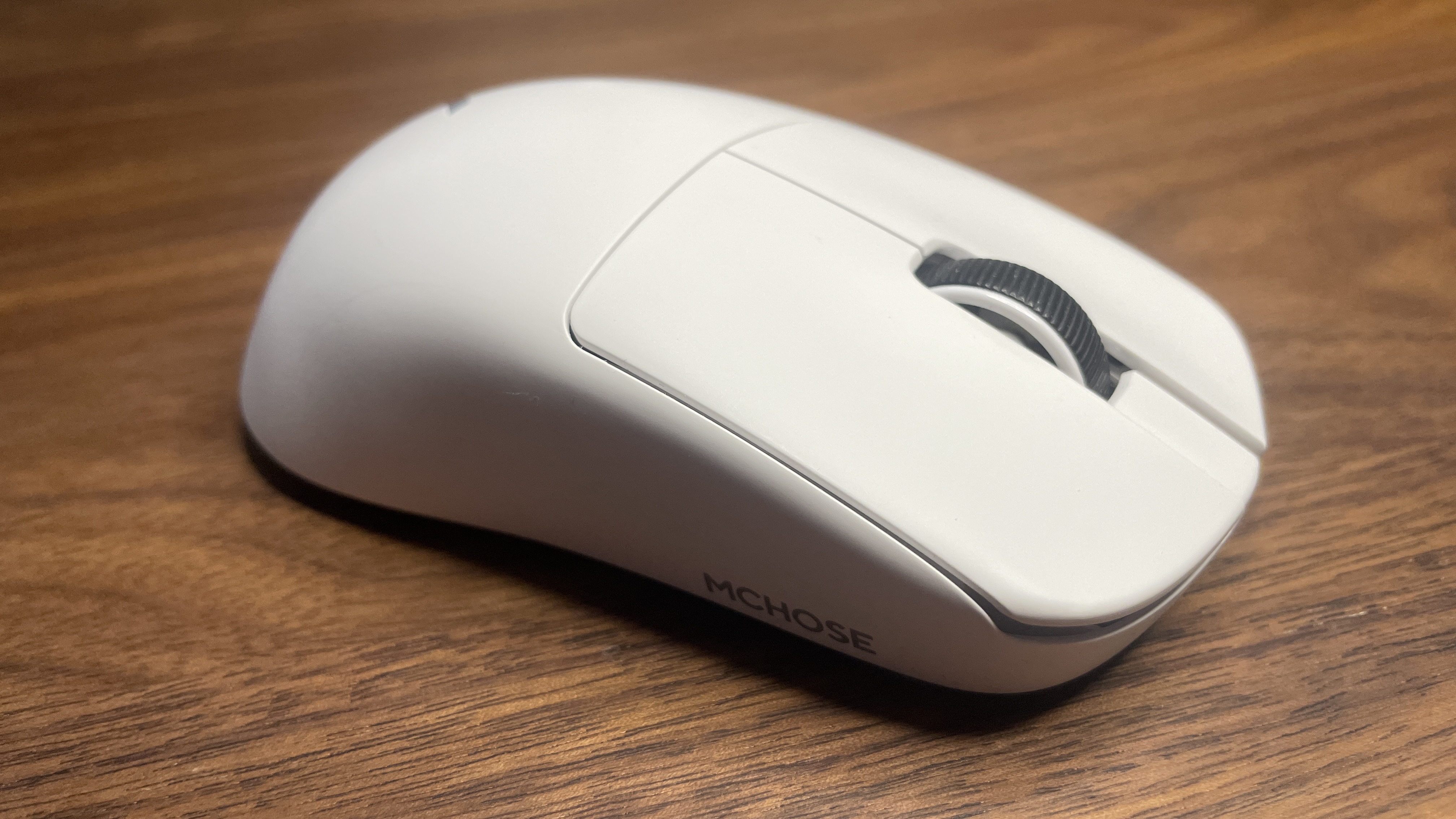Cold War's safehouse hub finally fixes Black Ops' pacing problem
A drab CIA hidey-hole lends the new COD campaign humanity, and some welcome downtime.
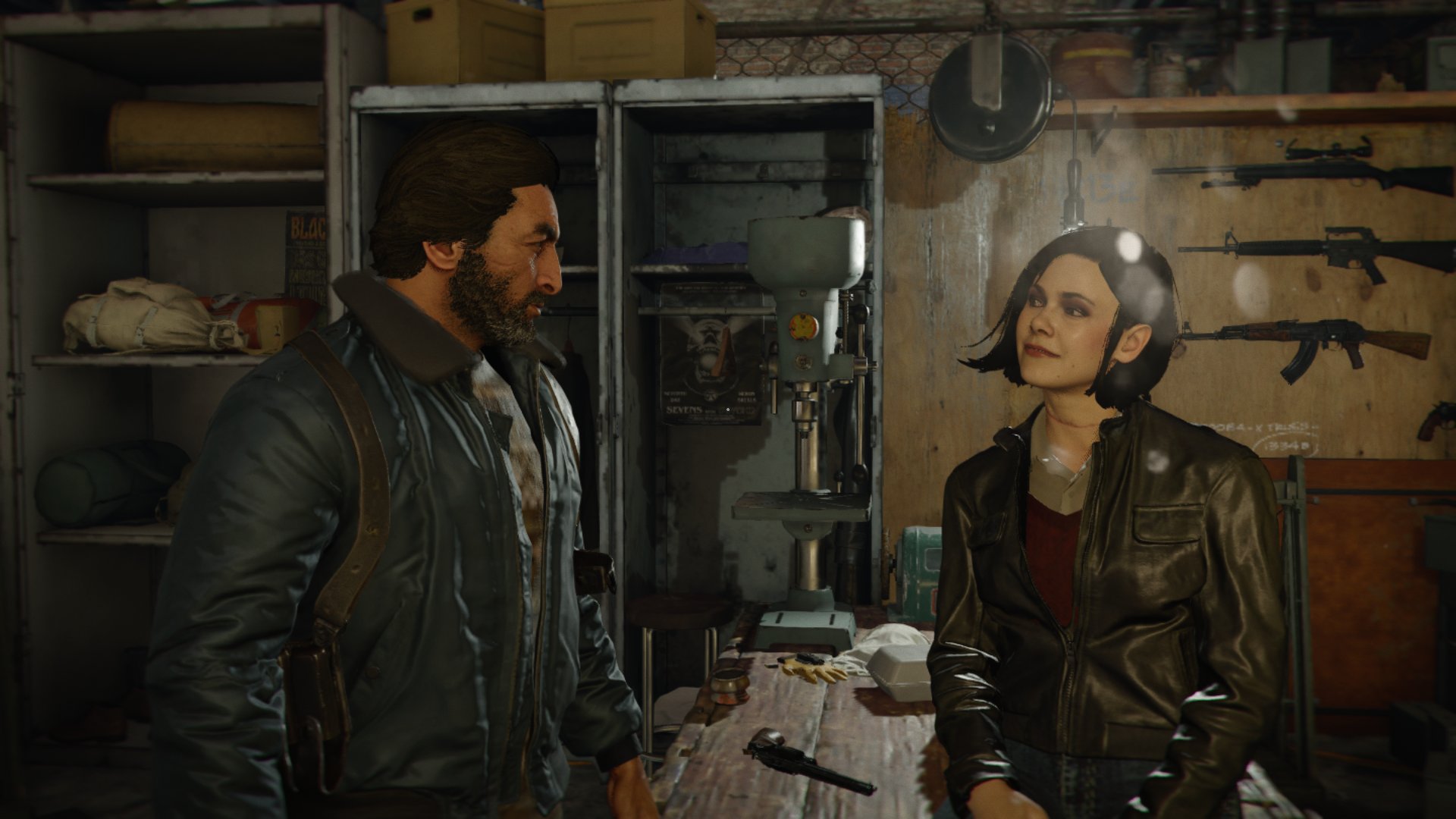
Keep up to date with the most important stories and the best deals, as picked by the PC Gamer team.
You are now subscribed
Your newsletter sign-up was successful
Want to add more newsletters?

Every Friday
GamesRadar+
Your weekly update on everything you could ever want to know about the games you already love, games we know you're going to love in the near future, and tales from the communities that surround them.

Every Thursday
GTA 6 O'clock
Our special GTA 6 newsletter, with breaking news, insider info, and rumor analysis from the award-winning GTA 6 O'clock experts.

Every Friday
Knowledge
From the creators of Edge: A weekly videogame industry newsletter with analysis from expert writers, guidance from professionals, and insight into what's on the horizon.

Every Thursday
The Setup
Hardware nerds unite, sign up to our free tech newsletter for a weekly digest of the hottest new tech, the latest gadgets on the test bench, and much more.

Every Wednesday
Switch 2 Spotlight
Sign up to our new Switch 2 newsletter, where we bring you the latest talking points on Nintendo's new console each week, bring you up to date on the news, and recommend what games to play.

Every Saturday
The Watchlist
Subscribe for a weekly digest of the movie and TV news that matters, direct to your inbox. From first-look trailers, interviews, reviews and explainers, we've got you covered.

Once a month
SFX
Get sneak previews, exclusive competitions and details of special events each month!
You know how sometimes a shooter crashes just as you're right in the middle of a trigger-pull—the staccato sound file of an AK47 playing over and over as you reach down to hold the off switch of your PC until the hurting stops? That’s what it’s like to play the original Black Ops campaign in 2020.
A seven hour cacophony of machine gun fire, Treyarch’s game starts off thrilling but eventually leaves you numbed by war. Perhaps that’s only fitting for the role of traumatised CIA operative, but it’s not how the best singleplayer shooters are made. Think of Half-Life 2’s ball games with Dog, or Bioshock Infinite’s brief diversion to the seaside. Even Doom has quiet time, and for good reason: without dynamics, you can’t tell when a game goes loud.
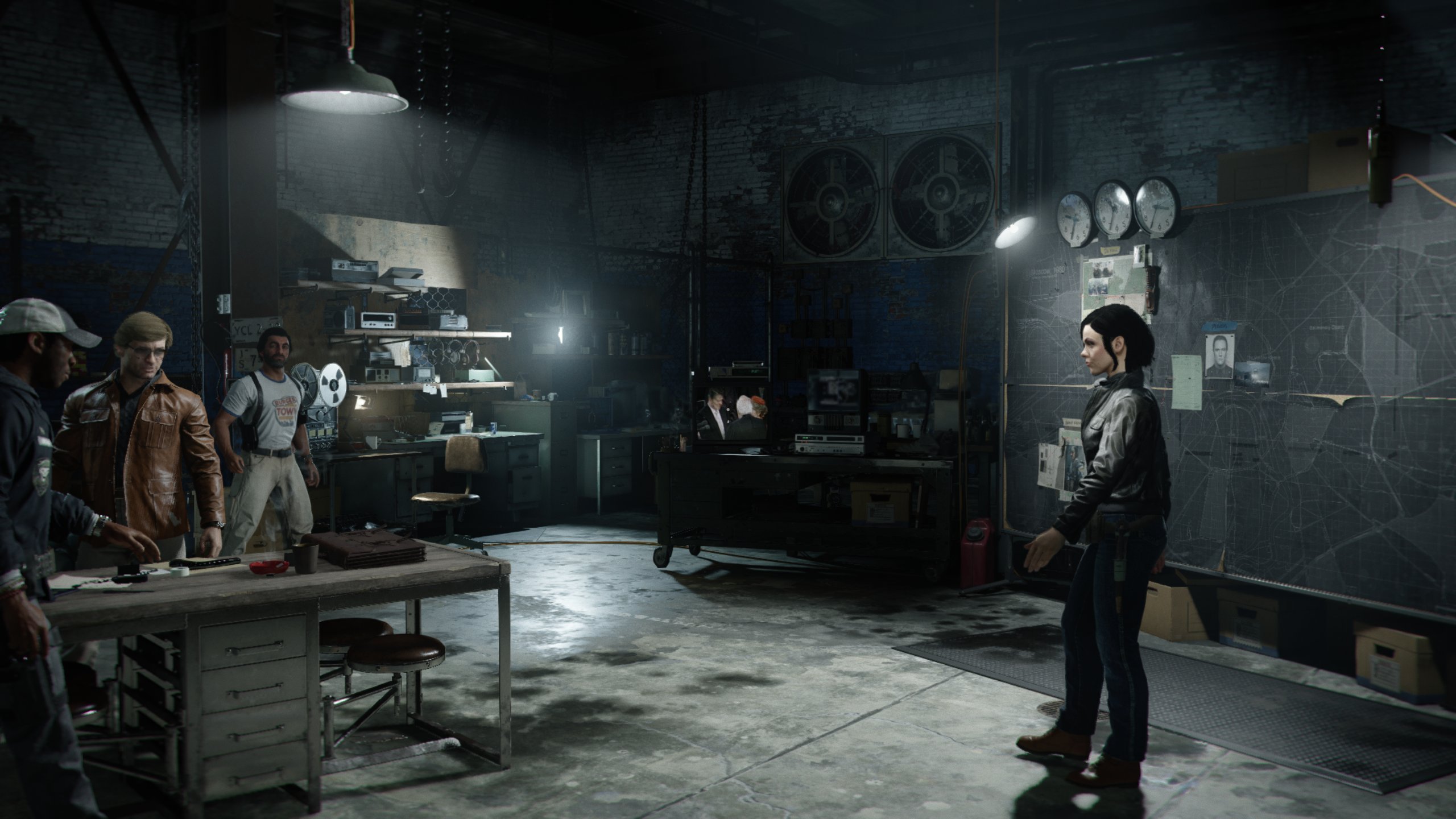
Raven Software knows this. The Warzone developer took over singleplayer duties from Treyarch for Black Ops - Cold War, and built the campaign around a safehouse on the outskirts of Berlin. The first Call of Duty hub since 2016’s underrated Infinite Warfare, it’s the place you retire to between missions, chatting with colleagues and taking a crack at cryptography puzzles on the evidence board.
Cold War’s characters benefit immeasurably from the breathing room. When not engaged in dialogue or smoking moodily, they dance around you in performance-captured conversations of their own—the mo-cap in itself a miracle, given that much of the game came together under pandemic lockdown. These grizzled spies—ex-Mossad, MI6, CIA—compare scars from past operations, alluding to personal histories that can’t be fully explored without breaching official secrets acts. In this context, even series regulars Alex Mason and Frank Woods become somewhat charming, America’s attack dogs reduced to dopey puppies waiting for their next walk.
The setup doubles as a way to subtly break down your hero complex, too. Sure, you can bug Sims, the team’s fixer, for flamethrowers or helicopters, but that’s not going to stop him taking a phone call rather than field your dumb requests all day. Important conversations happen behind closed blinds, forcing you to place an ear to the door to catch snippets of classified info. And nobody will give you the code for the gated storeroom at the back of the garage. This is not your story. Not yours alone, anyway.
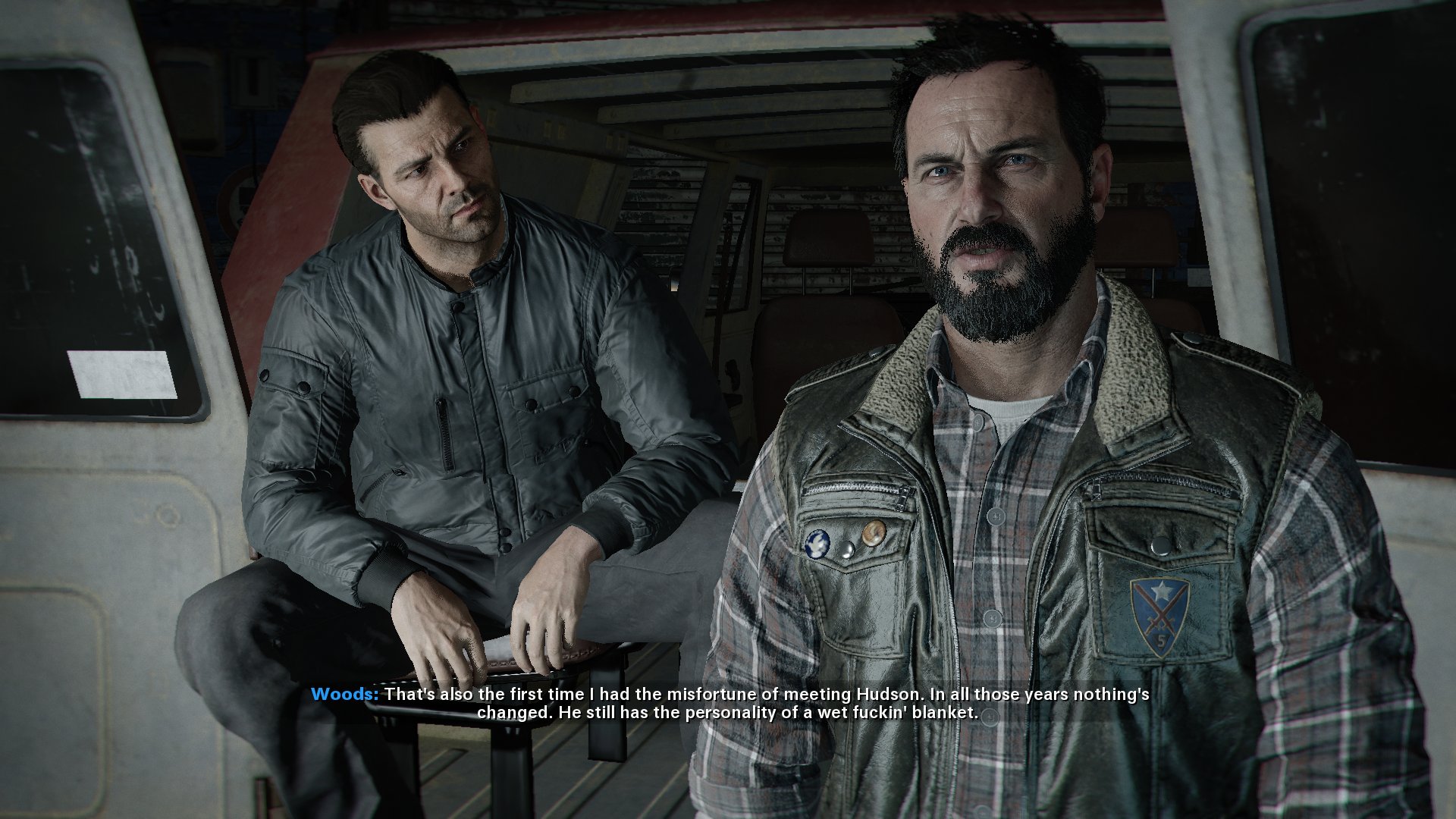
As a launching pad for your missions, the evidence board is a quiet revelation. In previous Black Ops games, you rarely knew what the plan was until you were enacting it—pressing E to activate a gadget you’d never seen before, or opening a wingsuit you didn’t know you were wearing. Now you’re given rough maps of level layouts and photographs of key targets upfront. It’s mostly flavour, contributing to the clandestine atmosphere, but successfully builds up each outing as a meticulously plotted event. When violence does come, it arrives in bursts, explosive and cathartic, leaving you wanting more.
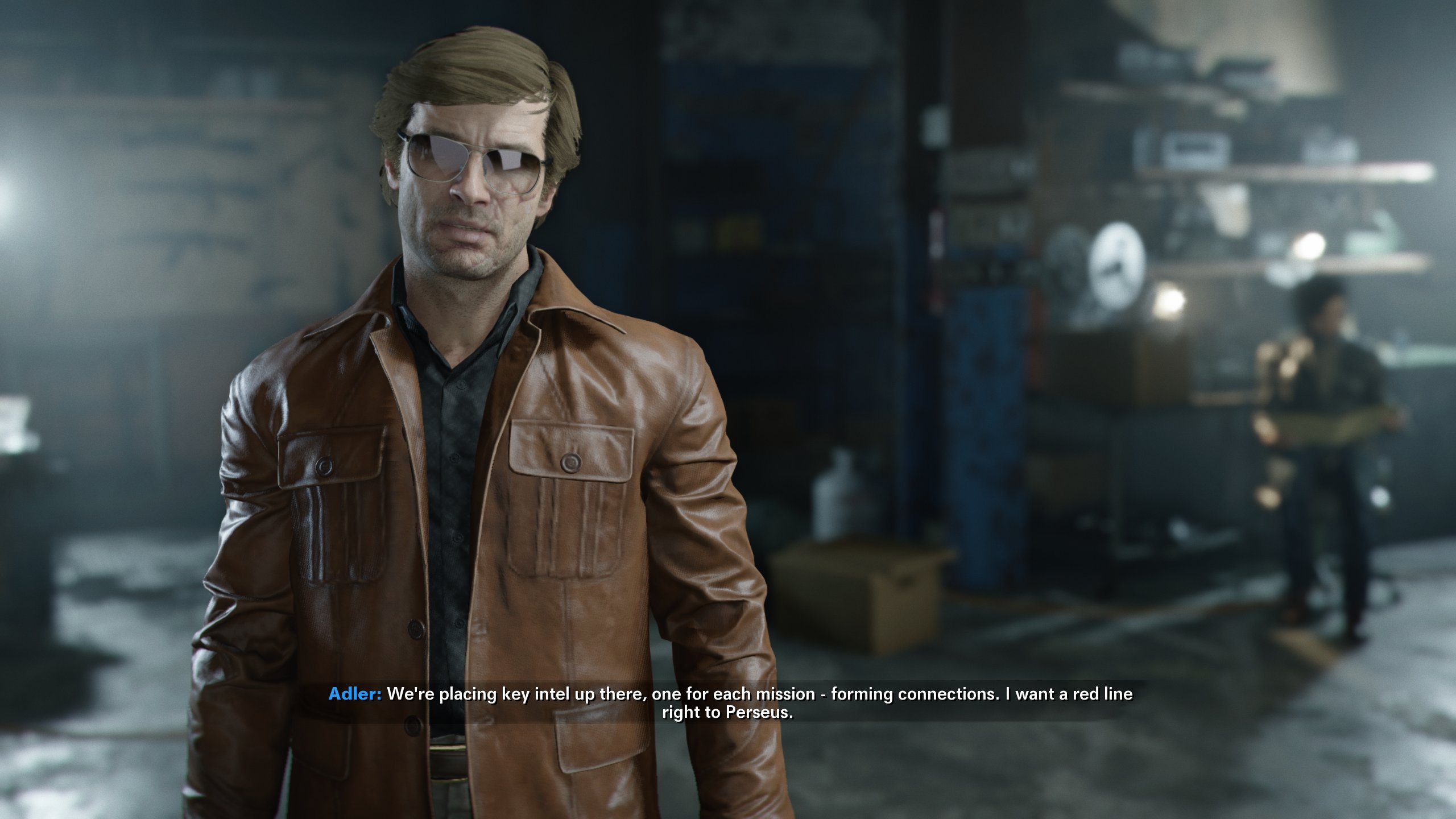
It’s just a shame that the campaign as a whole is equally brief. The handful of main missions leave precious little time for extended character development, which I’m convinced the cast could have amply delivered in their safehouse darkroom. Characters like Sims, and the seemingly gentle Israeli-American giant Lazar, remain tantalising black boxes.
Keep up to date with the most important stories and the best deals, as picked by the PC Gamer team.
Cold War’s messy conception may be the culprit—last year, Kotaku reported that the game began as a co-production between Raven and Sledgehammer, but relations broke down and Treyarch was appointed to help reconfigure the project as a Black Ops game. Certainly, the missions themselves are disparate enough in their settings that they could have been ripped from a different, doomed campaign.
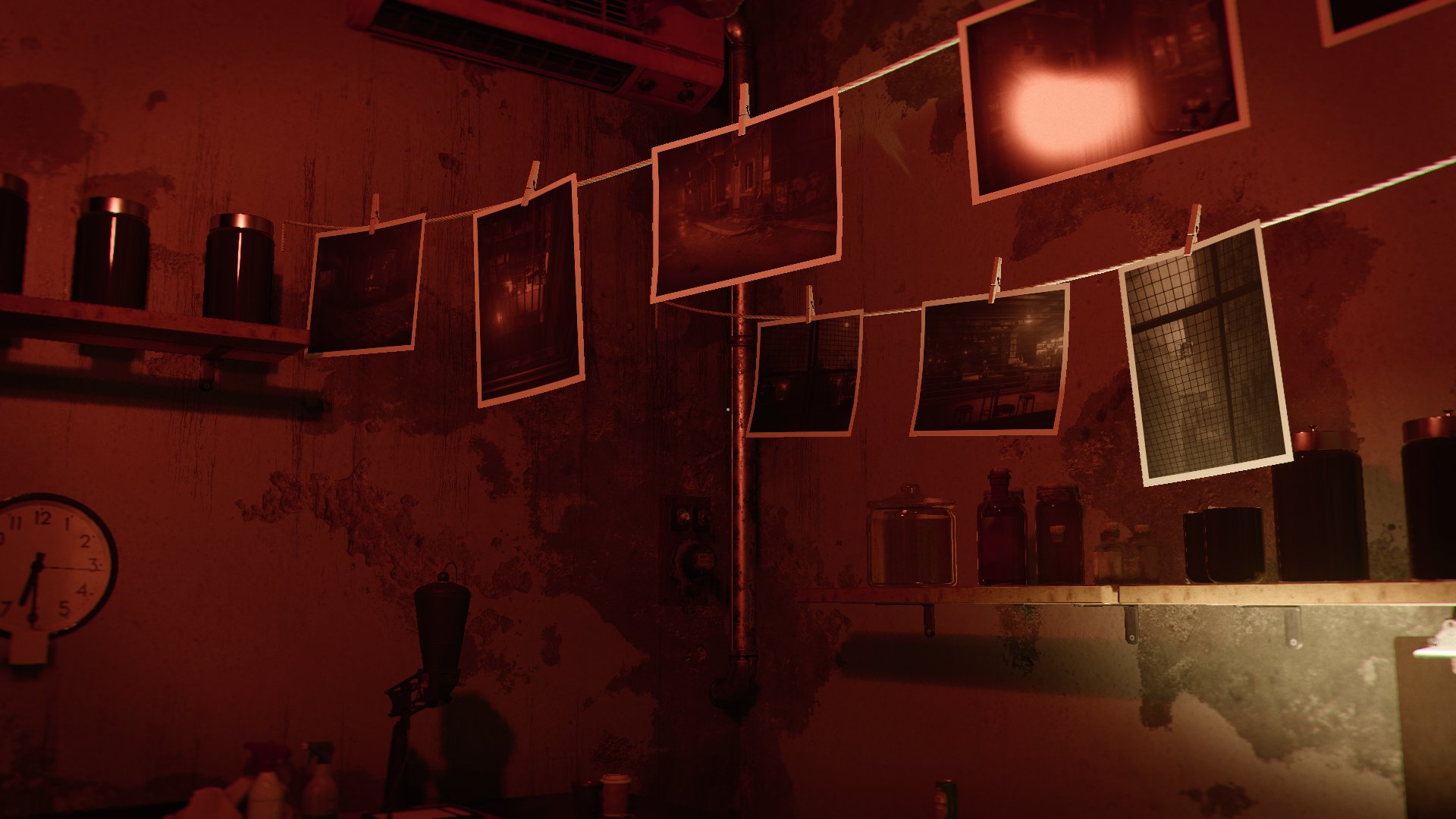
If this is what Raven can cobble together under difficult circumstances, though, I’d love to see what it’s capable of over three uninterrupted years, the typical dev cycle for a COD game. Honestly, I’d be happy just to spend a couple more hours eavesdropping on secret agents as they flirt to pass the time in a grotty Berlin garage.
Jeremy Peel is an award-nominated freelance journalist who has been writing and editing for PC Gamer over the past several years. His greatest success during that period was a pandemic article called "Every type of Fall Guy, classified", which kept the lights on at PCG for at least a week. He’s rested on his laurels ever since, indulging his love for ultra-deep, story-driven simulations by submitting monthly interviews with the designers behind Fallout, Dishonored and Deus Ex. He's also written columns on the likes of Jalopy, the ramshackle car game. You can find him on Patreon as The Peel Perspective.

